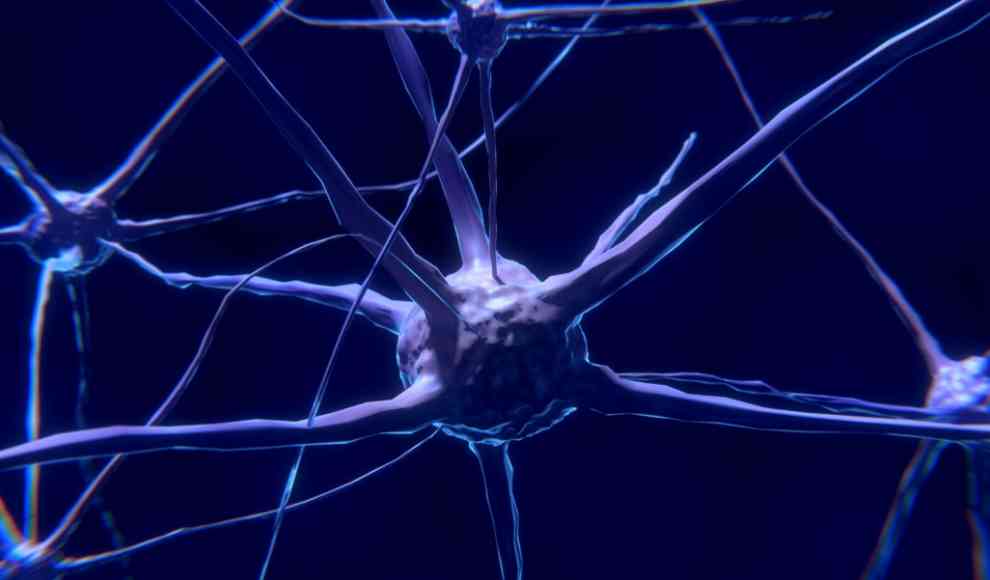In a shocking discovery, US researchers have found evidence of SARS-CoV-2 in the brains of deceased Covid-19 patients. The virus appears to spread either through blood vessels or directly through the nasal mucosa. Previous studies have shown that Covid-19 can attack not only the lungs but also various organs and blood vessels in the human body. However, this new finding suggests that the virus can also infect brain cells. The team from Yale School of Medicine conducted experiments using three-dimensional cell cultures called organoids, which mimic human brain cells. They found that Covid-19 can infect nerve cells, particularly cortical neurons, without causing them to die. However, surrounding cells were affected, likely due to increased oxygen consumption by infected cells. The researchers also discovered that the brain cells have ACE2 receptors on their surface, which are necessary for the virus to infect them.
To further test their findings, the team infected the brains of mice with SARS-CoV-2. Mice that only had ACE2 receptors in their brains experienced severe illness and weight loss, while those with receptors only in their lungs had milder symptoms. Finally, the researchers examined brain samples from three deceased Covid-19 patients and found evidence of the virus in the cortex, but not in the basal ganglia. The study authors suggest that the virus may spread to the brain through the bloodstream or directly through the nasal mucosa, which is closely connected to the brain via the olfactory nerves.
This discovery raises concerns about the potential long-term effects of Covid-19 on the brain and highlights the need for further research. While the study has limitations, such as a small sample size and the use of organoids instead of actual human brains, it provides valuable insights into the virus’s ability to infect the brain. The findings also suggest that treatments targeting ACE2 receptors may be effective in preventing brain infection. As the pandemic continues to evolve, it is crucial to understand all aspects of the virus’s impact on the human body to develop effective treatments and prevent long-term health consequences.










